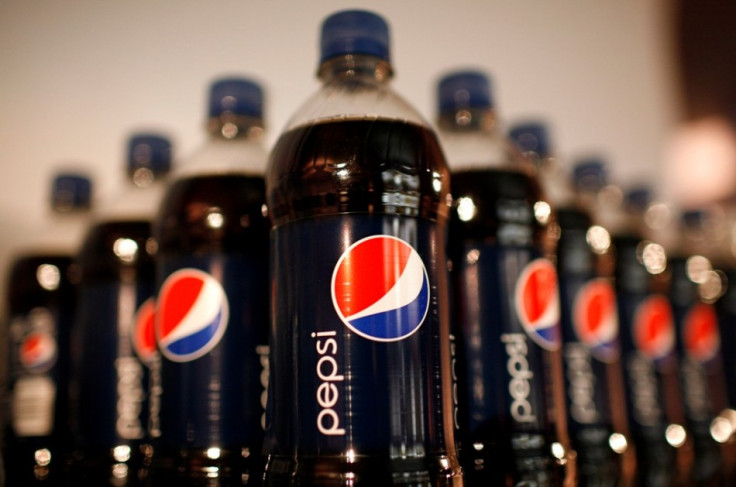US Study Finds Cancer-Causing Substance in Soft Drink Brands

The safety of the caramel colourings used in soft drinks will again be reviewed by the US Food and Drug Administration, after studies discovered higher levels of a carcinogen in the drinks than are permitted under California law.
Consumer Reports magazine investigated samples from 12 different soft drinks purchased multiple times in California and New York over a period of nine months. They found higher-than-permitted levels of 4-Mel in two of the labels, Pepsi One and Malta Goya.
This prompted the Consumers Union watchdog to lobby for putting warning labels on any products whose chemicals exceed the accepted limit, among other steps, to ensure consumer safety.
In response to the new report, the FDA is conducting its own studies on the safety of caramel colouring in soft drinks and other foods.
The chemical, 4-methyliminazole (4-Mel) is an impurity which is a by-product in the manufacturing process of some of the caramel colourings. The substance is formed in low levels during the production, and was found in varying levels in the 12 brands surveyed.
California includes it on the state list of carcinogens, and the state's Proposition 65 law has placed limits on the level of the chemical in soft drinks, and mandates a cancer warning label on the products having a certain level of this chemical. International Agency for Research on Cancer has also cited 4-Mel as a "possible" human carcinogen.
Dr Urvashi Rangan, a toxicologist who led the study, said that "there is no need for consumers to be exposed to this avoidable and unnecessary risk", as the same product was found in very low levels in other brands tested.
As yet, there are no federal limits on the use of 4-mel in soft drinks, which can also form in trace amounts in grilling of some meats and roasting of coffee beans, according to the FDA.
The FDA says it had studied the health-related effects of the caramel and colour additives for years, and had found it to be generally safe, but they are also studying the new data received on the safety of 4-Mel. The FDA has not yet provided details of the new data on the substance.
"These efforts will inform the FDA's safety analysis and will help the agency determine what, if any, regulatory action needs to be taken," Juli Putnam, FDA spokeswoman told AP.
Putnam said the FDA still wanted "to ensure the use of caramel colours in food continues to be safe" and is currently testing a variety of foods, including sodas for levels of 4-methylimidazole. The efforts will help the FDA determine whether any regulatory action needs to be taken, she added.
The new study has recommended setting a maximum level for the chemical if it is artificially added to foods or sodas and to require mandatory labelling when it's added. The report also suggested that the FDA bar products from carrying the "natural" label if they contain the caramel colours.
PepsiCo Defends Products
PepsiCo spokeswoman Aurora Gonzalez defended its products and said that the new study is factually incorrect. The average daily diet soda intake, according to government consumption data, is 100 ml per day which is less than a third of 12-ounce can. By that standard, a consumer would not be exposed to 4-Mel beyond the prescribed safety levels, Gonzalez said.
"PepsiCo abides by the law everywhere we do business," she added.
© Copyright IBTimes 2025. All rights reserved.



















